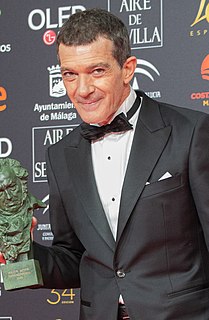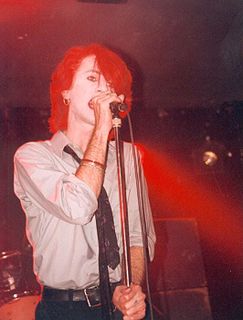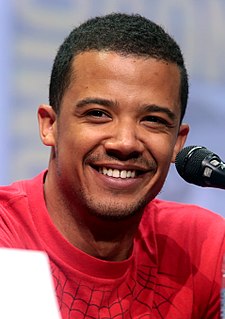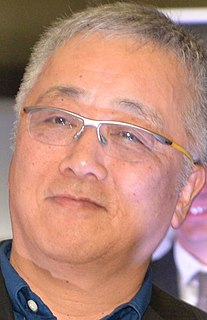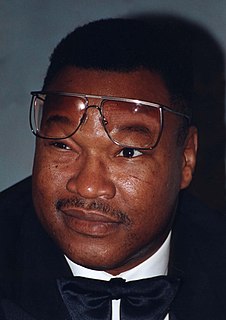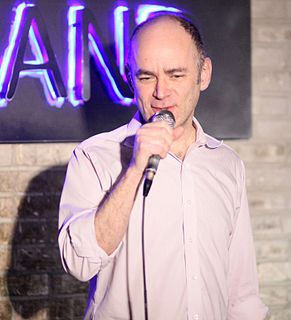A Quote by Richard Linklater
If the animators could hide something so secretly that I could watch it numerous times, both on the computer and on the screen, and not pick up on it, then it deserves to be in the movie. But if they had more overt things, I'd often tell them to cut it out. In general, as long as they captured the spirit of the character, then they're fine. But sometimes it took a while, and we had to replace a lot of animators.
Related Quotes
I usually get involved in the interviews about the animators and the filmmaking in general, because I had a chance. I got to know, not only Marc Davis, but Frank Thomas, Artie Johnson, Ward Kimball, all these great animators, and just ask them all these questions about how they did certain things, what their trials and errors were, the ups and downs.
I had a lot of great lakes of ignorance that I was up against, I would write what I knew in almost like islands that were rising up out of the oceans. Then I would take time off and read, sometimes for months, then I would write more of what I knew, and saw what I could see, as much as the story as I could see. And then at a certain point I had to write out what I thought was the plot because it was so hard to keep it all together in my head. And then I started to write in a more linear way.
I was always interested in music, I felt it was time to do it, coming out of the punk scene [1979]. I thought it was ideal that anyone could just put together a group and make it work. Then, of course, it became a little more detailed after starting it and realizing that it was something serious, not just a one-off situation. I had to put a lot more into it. Also I did it to get a lot of things out of my system, things that had been put there while I was growing up in my family. A sort of exorcizing of demons.
She disapproved, but part of her seemed secretly to sympathize with the sickness. It was like she thought everybody had it, and the best you could do was to cover it up, and sometimes it would just come boiling out anyway. Then you had to point at it and condemn it, even though you knew you had it too.
The Canon AE1 - a fully manual camera. [My mother] had a 50mm, which is a standard lens, and then I got a 28mm. Then I started a little punk magazine, a zine, when I was 14 or 15 years old. I was shooting my friends skateboarding and it was the beginning of the Macintosh. We wouldn't do layouts on the computer; we would pick the font and then type up a paragraph and then print it out and cut it up and put it in a little mock-up and Xerox it.
Since the waiting time required during the rendering process has been dramatically shorter in the last 10 years, I think that CGI animation has finally become practical. It is a fact that I processed the Steamboy work based on the assumption that the machine spec would be higher. In that context, young 3D animators have also gotten more skillful in recent years. But what I didn't expect is that the skills of traditional 2D animators have become worse, and notable young animators have not come out to the scene. This is a big issue for the industry.
You could say I'd rewritten the same novel three times and I thought I had to move on. The success of the book, and then the movie, had by then also created a commercial expectation and I remember touring America and seeing people in the audiences who I thought might not want to read the books I wanted to write next. My constituency had become broader, but more mysterious to me.
I've had shows where you think, "Is this going well? I can't tell," and then you say goodnight and you get this ovation. They're sorta like a theater audience. I've learned that much; that they're not always going to be doing backflips - but I'll never figure it out. Because sometimes you walk up there, and they're so excited, and then other times, it's just... But sometimes an audience is bad, and you can tell them they're bad, and that sort of breaks the ice a bit.





